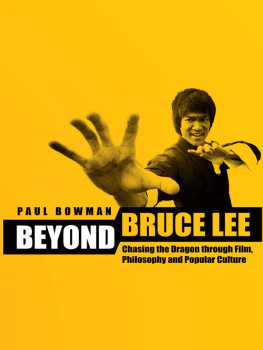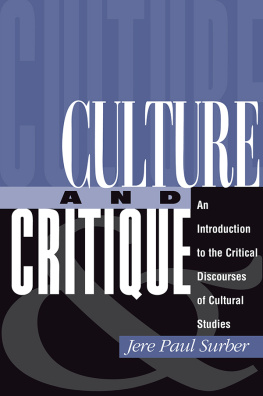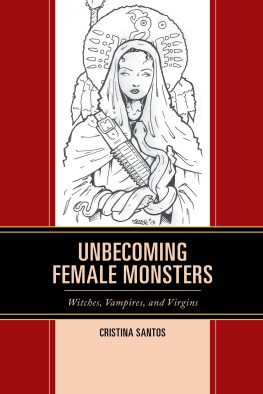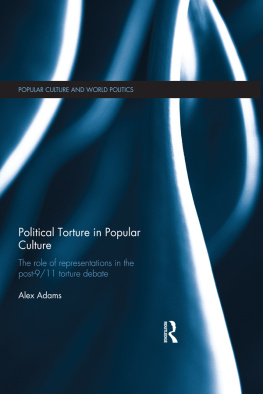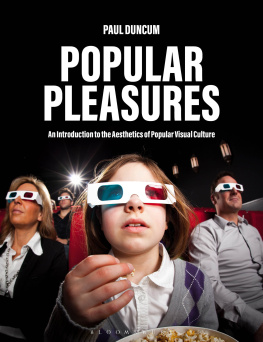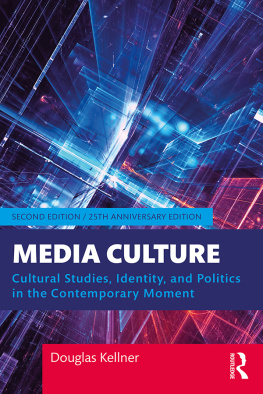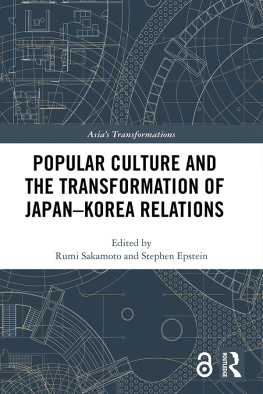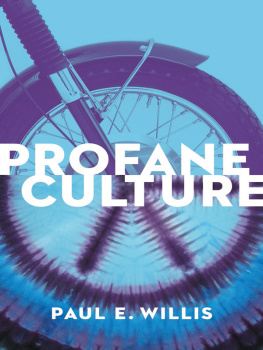BEYOND BRUCE LEE
PAUL BOWMAN
BEYOND BRUCE LEE
Chasing the Dragon through Film, Philosophy and Popular Culture
| WALLFLOWER PRESS
LONDON & NEW YORK |
A Wallflower Press Book
Published by
Columbia University Press
Publishers Since 1893
New York Chichester, West Sussex
cup.columbia.edu
Copyright Paul Bowman 2013
All rights reserved.
E-ISBN 978-0-231-85036-0
Wallflower Press is a registered trademark of Columbia University Press
A complete CIP record is available from the Library of Congress
ISBN 978-0-231-16528-0 (cloth : alk. paper)
ISBN 978-0-231-16529-7 (pbk. : alk. paper)
ISBN 978-0-231-85036-0 (e-book)
Book design by Elsa Mathern
A Columbia University Press E-book.
CUP would be pleased to hear about your reading experience with this e-book at .
CONTENTS
This book is closely related to my earlier work, Theorizing Bruce Lee (Bowman 2010). It is both younger and yet more mature. At times it picks up, unpicks and reworks some of the loose threads of that earlier book, at others it takes off in completely different directions. Some sections reiterate, restage and rework earlier debates. Many others are completely different. All try to move beyond Bruce Lee: beyond a narrow conception of what is meant by Bruce Lee whether that be merely as celebrity, icon, choreographer, martial arts innovator, pop psychologist, philosopher or film star and into the wider waters of the questions of his cultural emergence and popular cultural intervention; the significance of the East/ West dynamics that are played out in and around the texts that are Bruce Lee; questions of the status of his philosophy; the significance of the effects his films have had on cultures East and West; the ways in which Bruce Lee has been articulated with other cultural realms and registers or translated into and out of cultural and political discourses; as well as the enduring questions of ethnicity and identity politics that arise vis--vis Bruce Lee.
Rather than simply being a contribution to any one academic discipline or field, I offer this work as a supplement to film studies, a footnote to debates in contemporary Continental philosophy, a post-mortem of that old chestnut called postmodernism, and a contribution to postcolonialist cultural studies, insofar as I use elements of all of these discourses to unpick and analyse the texts of Bruce Lee whether that be texts that bear the name or texts bearing the (hall)marks and traces of Bruce Lee.
I could not analyse all such texts. I could almost certainly not even find them all, even to list them in the most fleeting manner. Part of my point is that Bruce Lees influence is incalculably expansive and diverse. Bruce Lee has had a massive intertextual impact that knows no borders. Any cultural study of Bruce Lee ineluctably becomes the study of a complex field of intertextuality, one which demands an interdisciplinary approach. However, as if to compound matters, by focusing in multiple ways on several textual senses and scenes of Bruce Lee, such an approach will produce a text that may not be easily recognisable or categorisable as this or that sort of proper academic work. Both such productivity and impropriety are unavoidable. As one of the first theorisers of the text, and of its emergence, Roland Barthes pointed out several decades ago:
It is indeed as though the interdisciplinarity which is today held up as a prime value in research cannot be accomplished by the simple confrontation of specialist branches of knowledge. Interdisciplinarity is not the calm of an easy security; it begins effectively (as opposed to the mere expression of a pious wish) when the solidarity of the old disciplines breaks down perhaps even violently, via the jolts of fashion in the interests of a new object and a new language neither of which has a place in the field of the sciences that were to be brought peacefully together, this unease of classification being precisely the point from which it is possible to diagnose a certain mutation. (1977: 154; emphasis in original)
As Barthes predicted all those years ago, innovative interdisciplinary work is never going to be uncontroversial, nor will it necessarily even be recognisable as a proper study of this or that proper thing.
I preface this book with an introductory account of this important point of poststructuralist theory for two reasons. The first is to provide readers with a taster to give them a taste of the flavour of the kind of orientation they can expect in the following pages. The second is to offer an explanation of why the expectations of some readers may not be met by this kind of interdisciplinary work. It will hopefully show clearly that this work is an academic study of Bruce Lee rather than a biography, filmography, hagiography or history. It is not a general survey. The work focuses on some often unlikely aspects of the texts of Bruce Lee: his intervention in relation to thinking about cultural politics, pedagogy and emancipation, cultural translation, postmodern and postcolonial ethnicity, and even post-humanist approaches to this thing or field that bears the proper name of a human but that is not simply the name of a human.
Several people have directly helped me to complete this book. Firstly, the book would not have been written at all were it not for the wise counsel of my friend Claire Munro and the generosity of Yoram Allon, Commissioning Editor at Wallflower Press. The School of Journalism, Media and Cultural Studies at Cardiff University has provided me with an exceptionally healthy, heartening and conducive working environment. And thanks to the wonders of the internet and specifically the cultstud-l email discussion list, I was given, first, the wonderful screen grabs from Toy Story III of Mrs Potato Head wielding nunchakus, from Steve Jones, and second, generous advice about Cantonese to English translations from several people, including Fan Yang. Others who helped with important linguistic and filmic facts were Keiko Nitta, Ye Weihua and Vanessa Wingman Chan. Thanks are also due to Colette Balmain and Spencer Murphy who invited me to Coventry University several times, to engage with subjects that I may not have otherwise tackled but that have directly enriched this book. In addition to these people, I also owe thanks and gratitude to many people with whom I have discussed diverse matters relating to Bruce Lee, film and martial arts that have fed into this book, and whose knowledge or approach has inspired me, including, primarily but not exclusively, Rey Chow, Leon Hunt, Gina Marchetti, Meaghan Morris, Jane Park, Richard Stamp, my martial arts instructor Graham Barlow and my Hong Kong connection and classical Chinese martial arts expert Phil Duffy. But, as always, in the first and last analysis, none of this would ever have been possible were it not for Alice.

